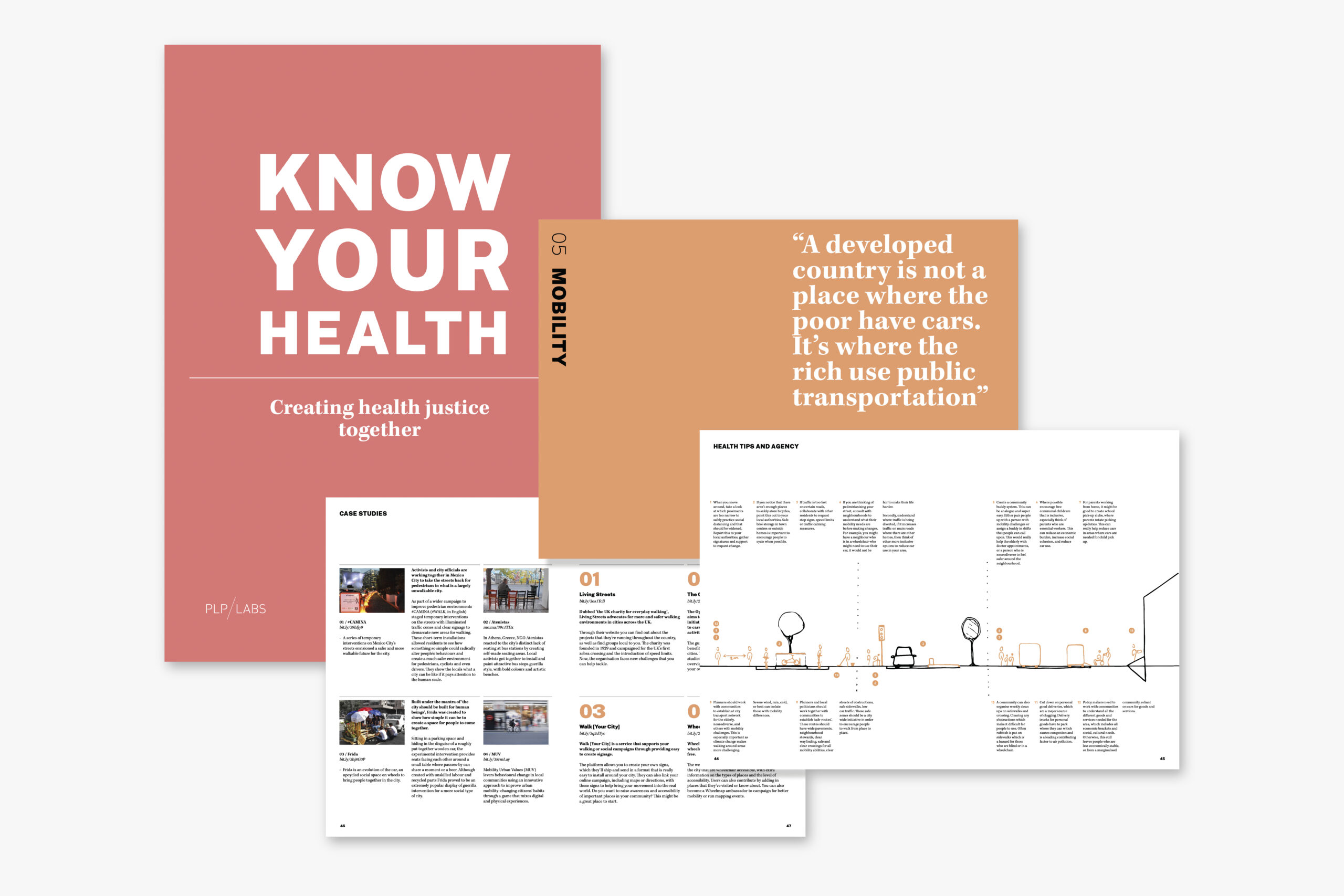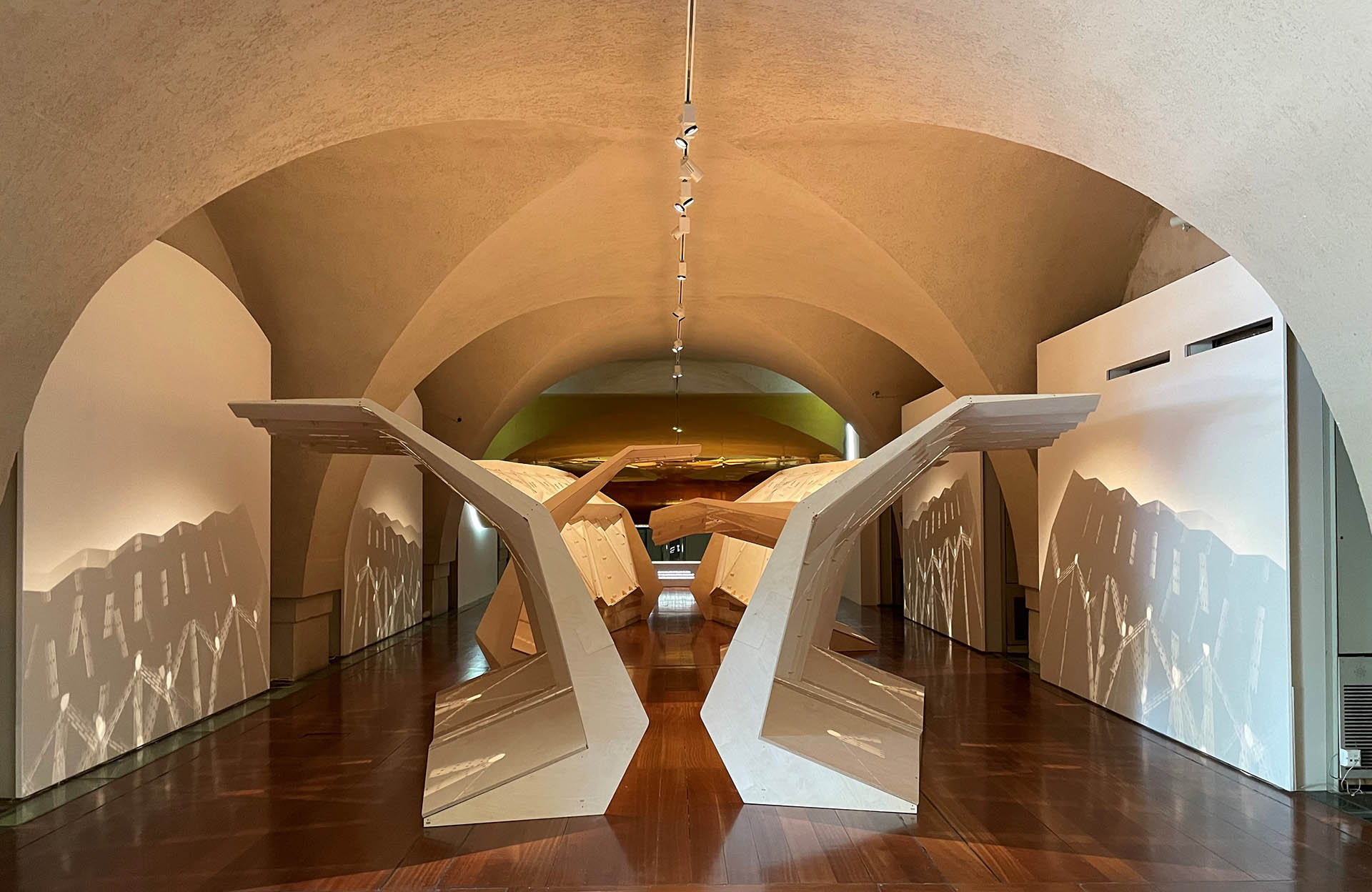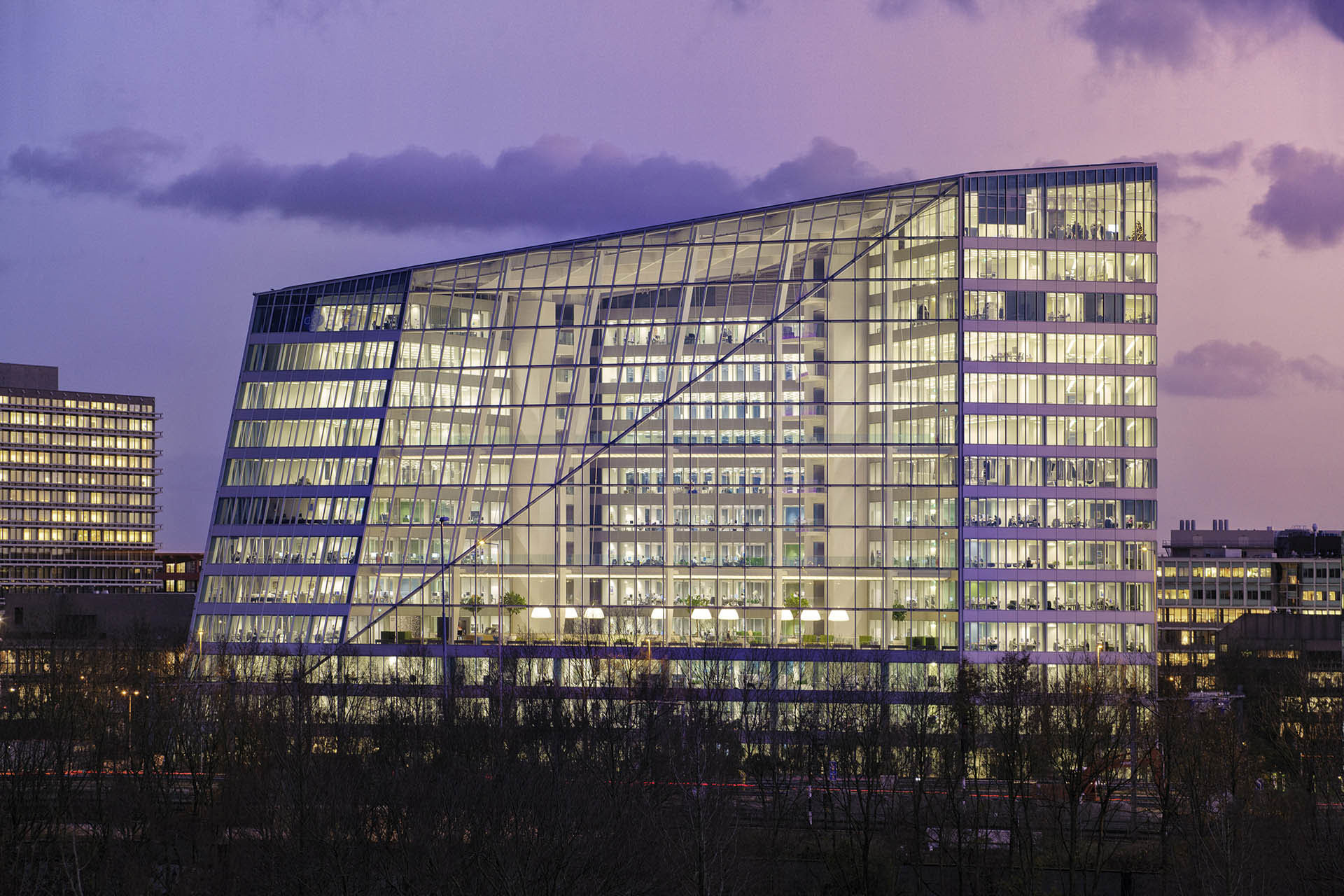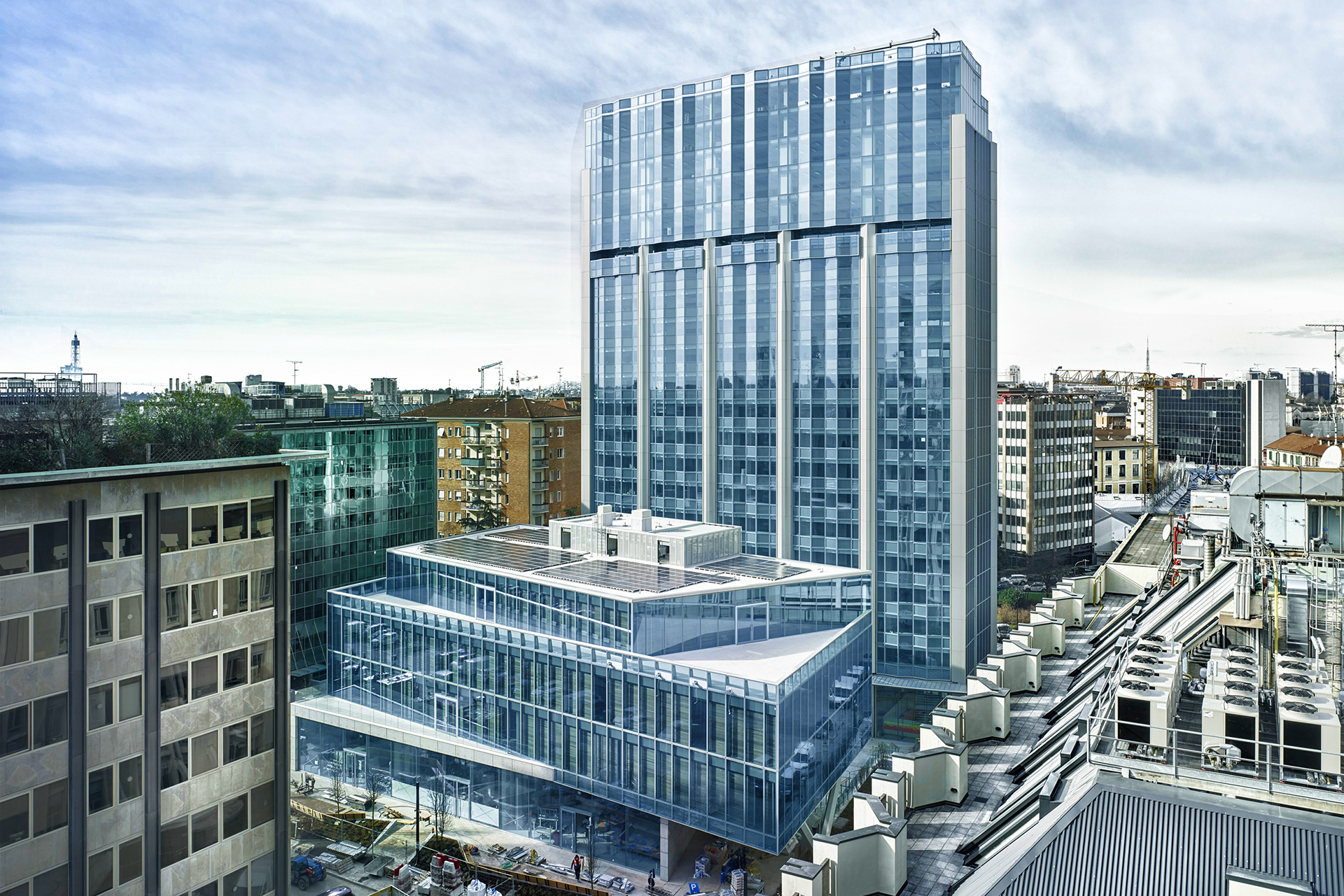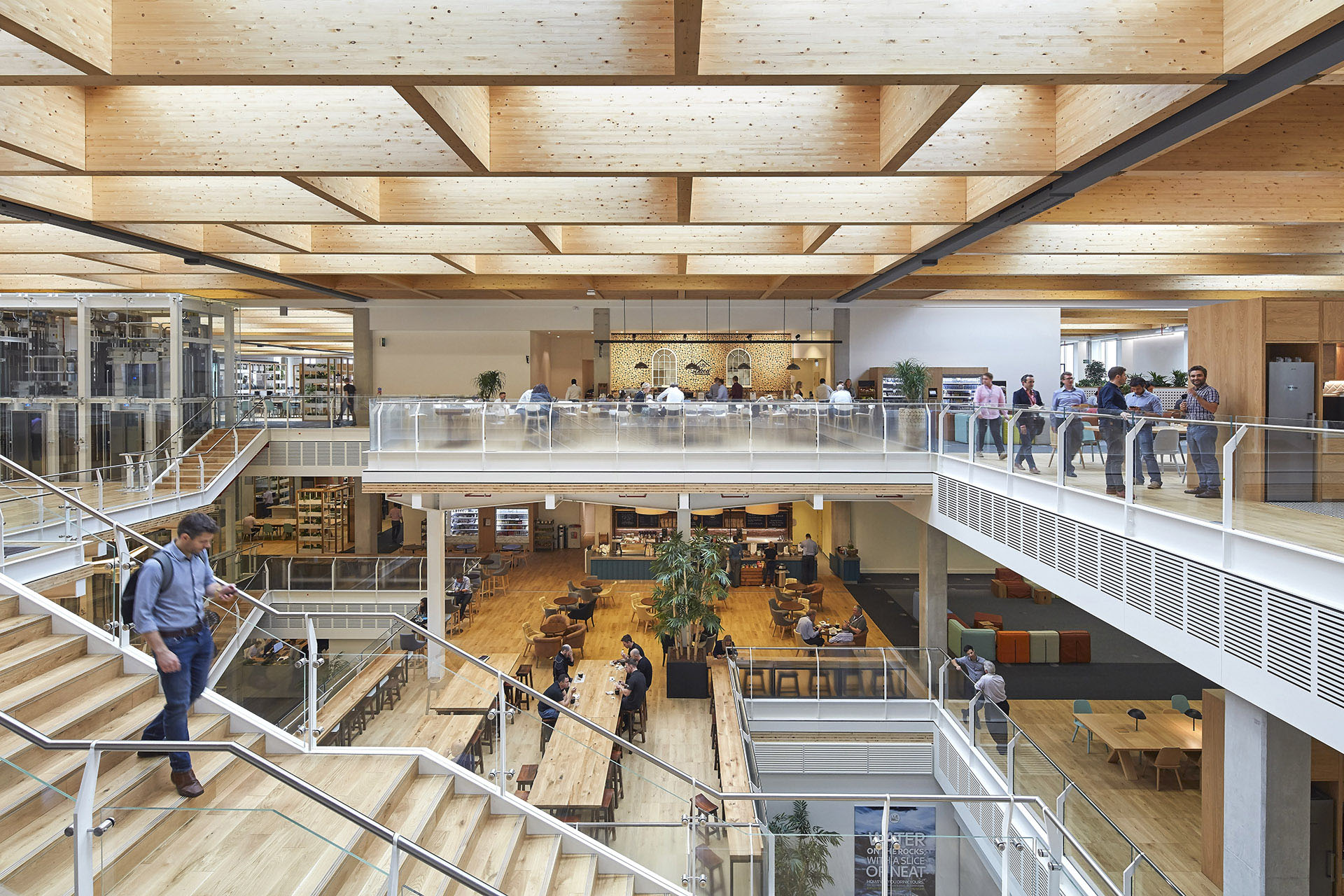PLP takes a holistic approach to sustainability, we are committed to contributing towards the UN Sustainable Development Goals and in response have set out key strategies to address sustainability issues in all areas of our business.
Early engagement allows us to make the biggest impact and we evaluate all our architectural projects from the outset.
We prioritise passive design strategies to ensure that our buildings are responsive to the local climate, context and ultimately create a healthy and comfortable environment for occupants.
PLP’s internal sustainability team use digital tools to carry out iterative early-stage building performance analysis to inform our design decisions. This includes internal and external thermal comfort, façade, visual comfort analysis, and embodied carbon calculations. This equips us with the knowledge to address key issues and improves collaboration with our consultants as our projects evolve.
Use of digital design tools for early-stage environmental analysis
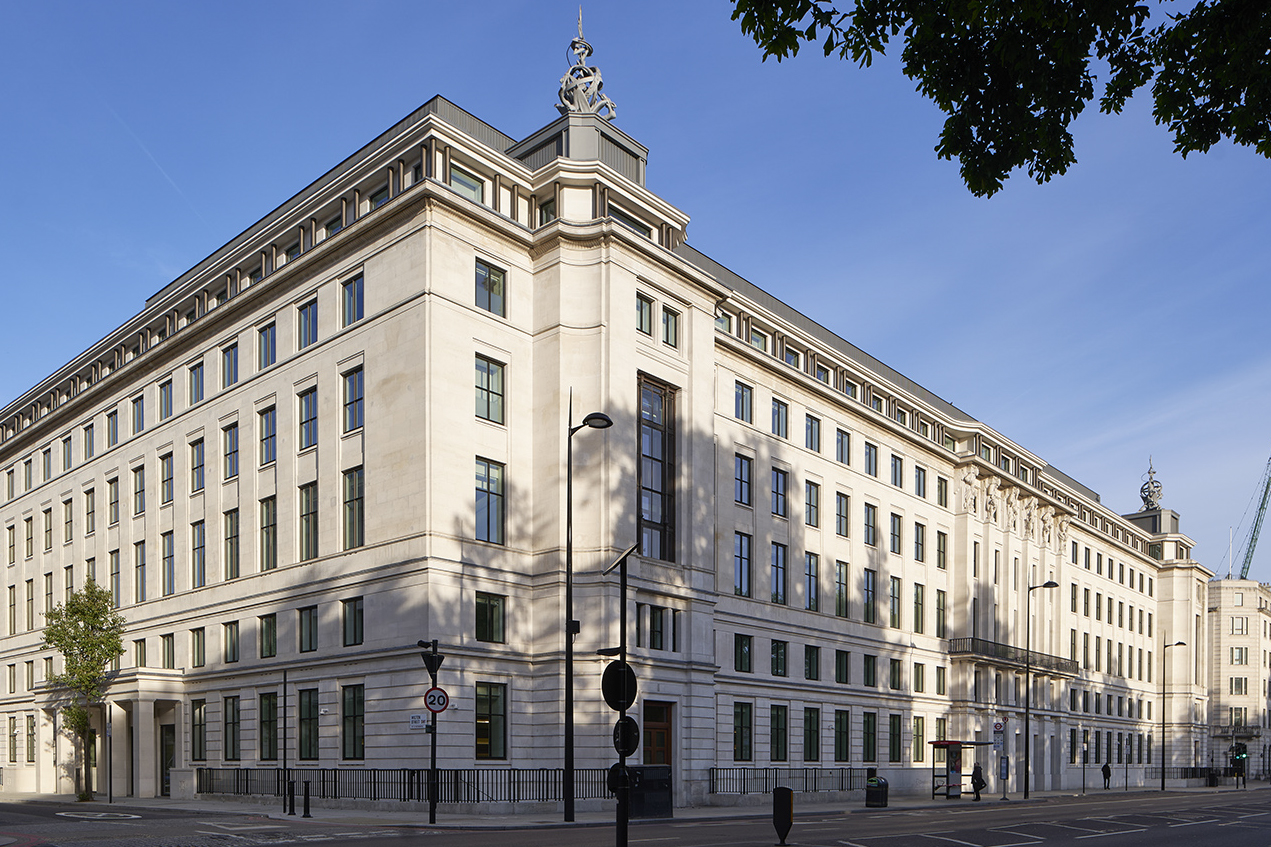
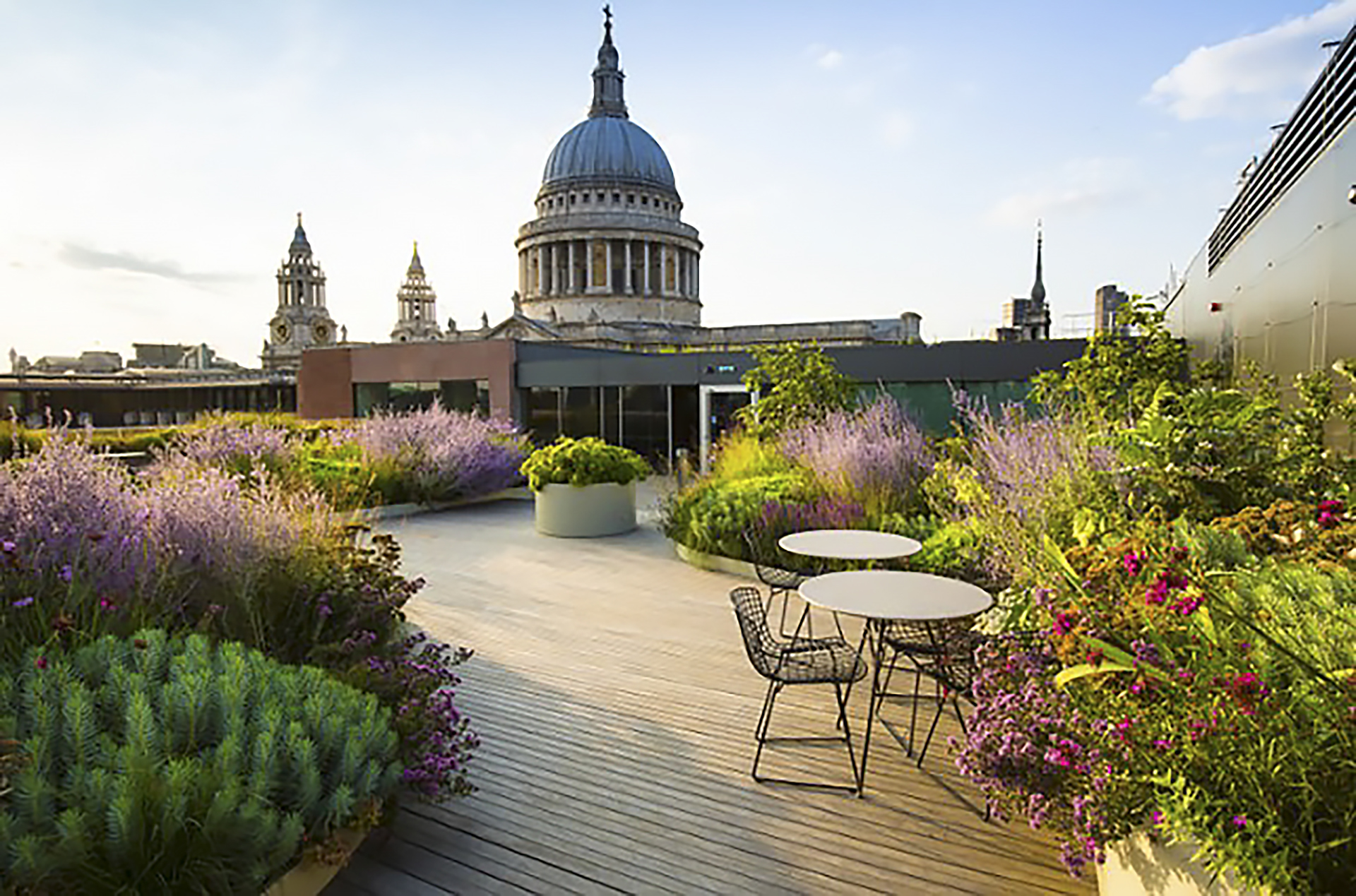
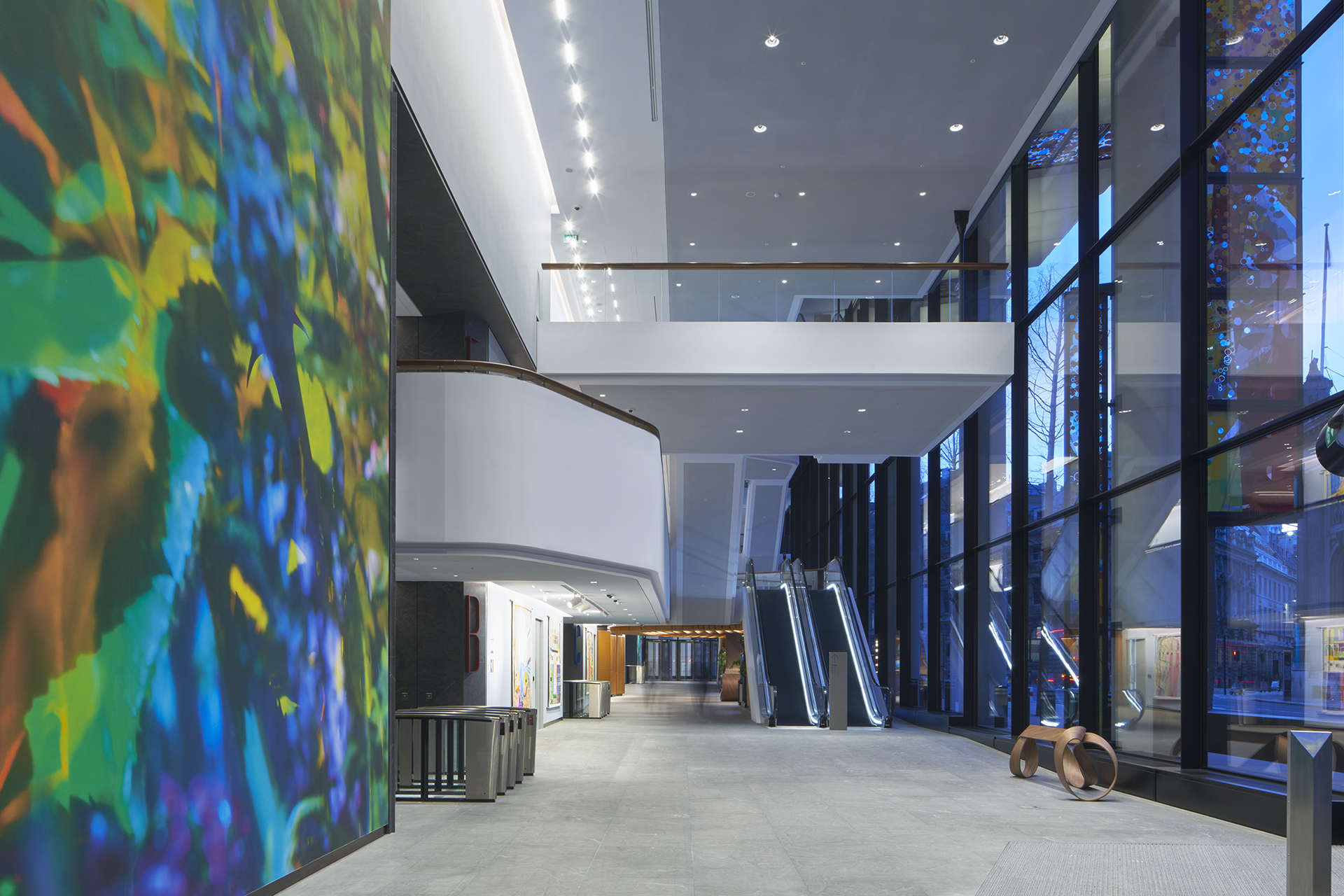
We recognise the significance of embodied carbon and material selection in construction and are committed to review every new project for opportunities to re-use existing buildings. Where this is not viable, we prioritise future proofing, adaptability and interrogate our material choices using quantifiable data.
A number of our projects are recognized with global sustainability accreditations including BREEAM, LEED and WELL. We are currently working on projects targeting stringent NABERS accreditation to deliver buildings with measurable energy performance.
Research
In parallel with our design work, PLP invests in research, and we consider measurable data critical to achieving low-carbon performance. We have therefore embarked on a long-term project to benchmark and track energy and carbon metrics of our past, present and future projects at key stages. This enables us to set and interrogate targets and learn invaluable lessons that will inform future projects.
PLP Labs is our in-house research group, which supports the wider practice in tackling social, environmental, and economical progressive issues, advocating for change in the built environment. The thinktank enables us to draw insights from ongoing work and integrate them into our design process.
PLP actively participate in industry research groups to enhance knowledge as well engaging with academic partners, for example our ongoing collaboration with The Centre for Natural Material Innovation (CNMI) at the University of Cambridge into innovative materials.
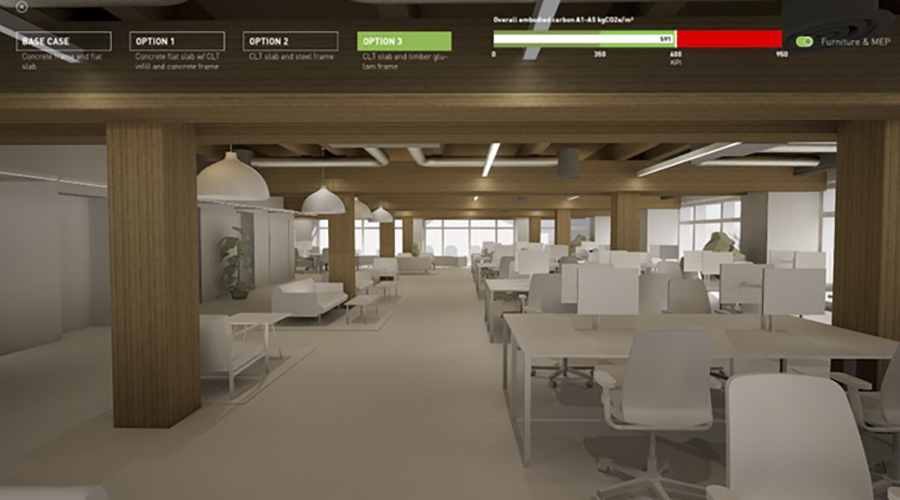
Unreal prototype – We are also developing interactive tools to communicate responsible design decisions.
We are a CO2e Assessed and Reduced Organisation, committed to quantifying and reducing our carbon footprint. We carry out annual appraisals to help us make more environmentally conscious decisions.
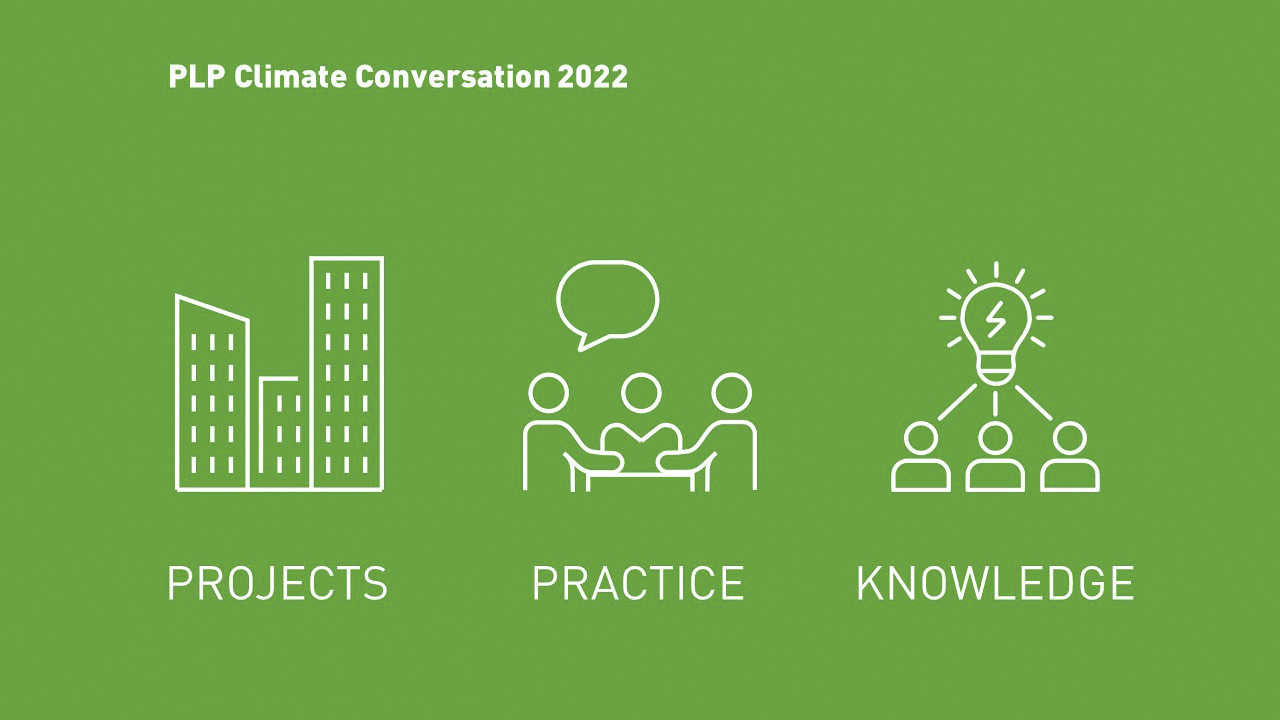
Our Commitments
To further our commitment to reduce our carbon impact, we have signed up to UK Architects Declare, the RIBA 2030 Climate Challenge and are members of the UKGBC. We have integrated key goals into our practice sustainability strategy. PLP also maintain ISO 14001: 2015 accreditation and regularly review our environmental policy to ensure we continue to deliver on our aspirations.
We believe that delivering measurable low-carbon design is only possible through innovation and collaboration. We therefore encourage our colleagues to keep up to date with the key climate issues and regulatory changes. We hold regular sustainability-focused seminars with internal and external speakers who share knowledge on a wide range of topics.
